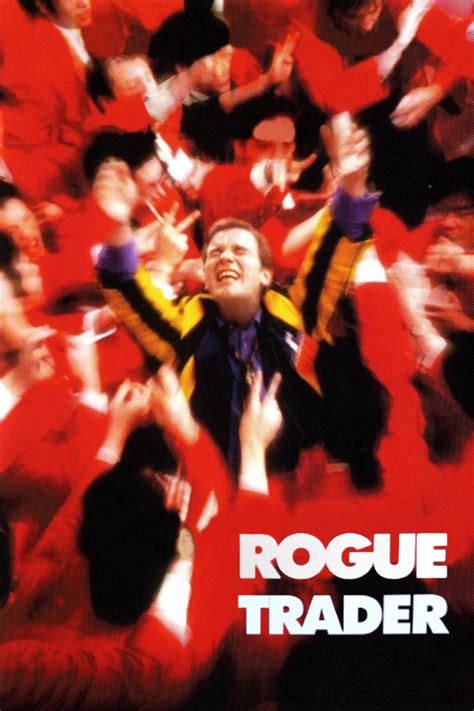Rogue Trader

Description:
Rogue Trader is a 1999 drama film based on the true story of Nick Leeson, a trader who caused the collapse of Barings Bank due to his unauthorized speculative trading. The film follows Leeson's rise and fall as he becomes increasingly consumed by greed and deception.Keywords:
Financial Crisis, Risk Taking, Fraud, Ambition, DownfallWhere can I watch the Rogue Trader movie?
"Rogue Trader" can typically be watched on various streaming platforms like Amazon Prime Video, Google Play Movies, and iTunes, where you can rent or purchase it. Availability may vary by region, so it's a good idea to check your local streaming services. Additionally, you might find it on DVD or Blu-ray at retailers or libraries. Always confirm the current streaming options, as they can change over time.
What is the movie Rogue Trader about?
"Rogue Trader" is a 1999 film based on the true story of Nick Leeson, a trader at Barings Bank who caused its collapse in 1995 due to unauthorized speculative trading. The film chronicles Leeson's rise within the bank, his risky trades in the Asian markets, and the eventual fallout when his losses exceeded £800 million. It explores themes of ambition, greed, and the consequences of financial malpractice, ultimately portraying how Leeson's actions led to one of the most significant bankruptcies in British history.
Is the movie Rogue Trader based on a true story?
Yes, the movie "Rogue Trader" is based on a true story. It tells the tale of Nick Leeson, a trader who caused the collapse of Barings Bank in 1995 due to unauthorized trading activities. The film depicts Leeson's rise and fall, highlighting his risky financial decisions, deceit, and the eventual fallout that led to one of the most significant banking scandals in history. It explores themes of greed, ambition, and the consequences of financial misconduct.
How accurate is the Rogue Trader movie?
"Rogue Trader" is based on the true story of Nick Leeson, a trader whose unauthorized speculative trading led to the collapse of Barings Bank in 1995. The film captures key events and themes, such as Leeson's gambling mentality and the failure of oversight within the bank. However, some dramatizations and simplifications occur for cinematic effect. While it accurately portrays the consequences of Leeson's actions and the banking environment, certain details and character portrayals may be exaggerated or fictionalized for narrative purposes.
Explore More Categories:
Spiritual Journey Legal Thriller Visual Poetry Friendship Hong Kong Cinema Athletes Mutiny Reconciliation Cultural Exchange Haunting Motorsport Inclusion Satellite Police Brutality Historical Events Fashion Hollywood Reincarnation Unemployment Soccer Black Comedy Los Angeles Origin Multiculturalism Corporate Conspiracy